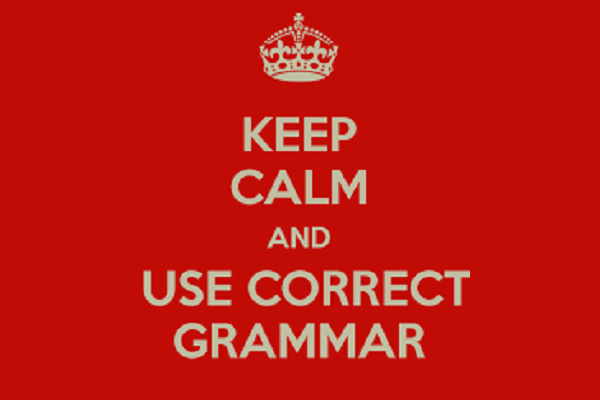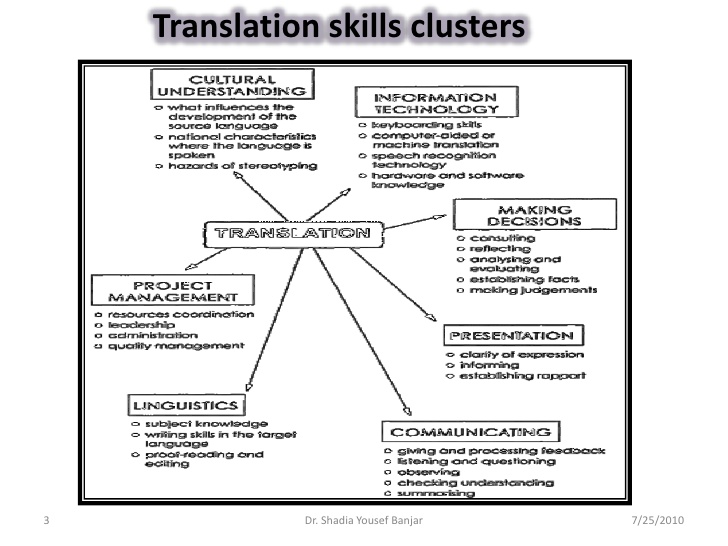Translating is producing analogous effects by different means
Paul Valéry!

Translators learn both the capability of rendering texts and acquiring other additional skills. A view on the up-to-date requirements in medicine shows the translator's competence to modify over the long run due to advances in technology or a legion of public demands. Hence, developing translation competence stipulates regarding all types of the competence. Anyhow, the trainers should instill translation skills building on their life experience and professional background.
Translating from one language to another is the most delicate of intellectual exercises; compared to translation, all other puzzles, from bridge to crosswords, seem trivial and vulgar. To take a piece of Greek and put it in English without spilling a drop; what a nice skill!
Cyril Connolly
For the foregoing reasons, the Department of Foreign Languages has designed the "Translators' Competence" startup at NMAPE!
Two years ago we surveyed the NMAPE's staff members in order to know whether they wanted to attend such a training course. They were asked both the questions on general information, in particular, like those: How long have you started learning a foreign language?; How would you appraise your own level of foreign language knowledge (on a 1*2*3*4*5 rating scale); How often do you use professional scientific information in a foreign language?; How would you appraise your language skills significance for the professional activities (on a 1*2*3*4*5 rating scale) and the questions concerning the specific area of expertise, including: What translation types do you usually use?; Tick off the main linguistic and stylistic features of medical texts, etc.

Having processed the data we found it possible to introduce the new course in the Department's learning process.



